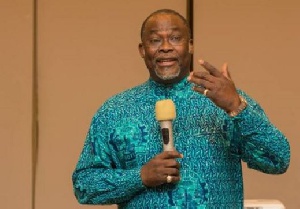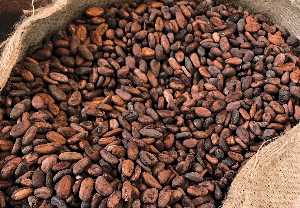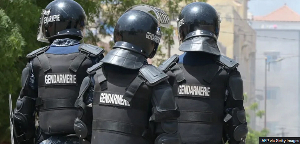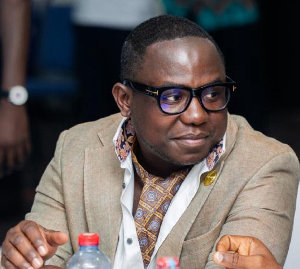Dr Ekwow Spio-Garbrah, Trade and Industry Minister, has maintained that Ghana has a better power supply than most of its counterparts in the West African sub-region, charging Ghanaians to be appreciative of the improvements government has made so far.
The trade minister cited the country’s connectivity of close to 80% as one of the proofs that the country is not in such a bad state in terms of energy supply as people perceive.
“The country’s installed capacity of over 3000MW is one of the highest in terms of power penetration per population in sub-Saharan Africa”, he declared.
He said there was the need for African governments to effectively promote the transformation of their economies with strategic tailor-made industrial policies that deliver inclusive and sustainable industrial development.
“It is in view of this that Ghana is hosting the first ECOWAS Industrial Summit to create a platform for dialogue and networking against the backdrop of the West African Common Industrial Policy,” Dr Spio-Garbrah said.
He expressed optimism that the summit would provide an environment for deep thought and a solution-based discourse, as it had brought together all the key players in industrialisation.
Dr Spio-Garbrah was speaking at an industrial summit held on the theme ‘Promoting investment to accelerate the industrialisation of the West African sub-region’, which was organised by Ghana in collaboration with other ECOWAS member states.
It brought together representatives of governments and regional institutions, ECOWAS ministers of industry, ECOWAS investment promotion agencies and regional business associations, as well as heads of financial institutions, the international community, industry practitioners and other stakeholders.
Discussions were centred on four key areas of the West African Common Industrial Policy; namely, reducing post-harvest losses and creating jobs in the agro-industry; the prospects and challenges of the ECOWAS pharmaceutical industry; the way forward in developing the automotive industry in West Africa; and the export potential of the textiles and garments industry.
In an address read on his behalf to open the summit, President John Dramani Mahama stated that accelerating the industrialisation of ECOWAS was appropriately linked to Ghana’s current transformation agenda, which was aimed at improving livelihoods.
“Indeed, an accelerated and profound economic structural transformation, through relocating economic activities from less productive to more productive sectors for sustainable and inclusive development, is a sure pathway to stem sub-regional poverty,” he said.
President Mahama said for ECOWAS to achieve real transformation, policy shift and strategic changes in programme implementation patterns would be required across the sub-region.
He recommended a focused approach to supporting key areas such as the provision of reliable and cheaper electricity to impel industrialisation, curbing hunger and malnutrition, improving rural life, ensuring food security and the expansion of basic social services.
He added that in striving for the industrialisation of Africa, there was the need to change the financing mechanisms that impeded the sub-region’s industrial development, and suggested converting some of the financial institutions from short-term lenders for commercial transactions to long-term financiers of industrial projects, especially those that added value to the natural resources of ECOWAS.
“Our industrialisation effort has to keep a regional market focus through increased intra-African trade before we think of global supply chain nexus,” he said.
The President said driving the industrialisation effort would require placing emphasis on agro-industrial products and value-addition to mineral and natural resources export.
General News of Monday, 25 July 2016
Source: thefinderonline.com













